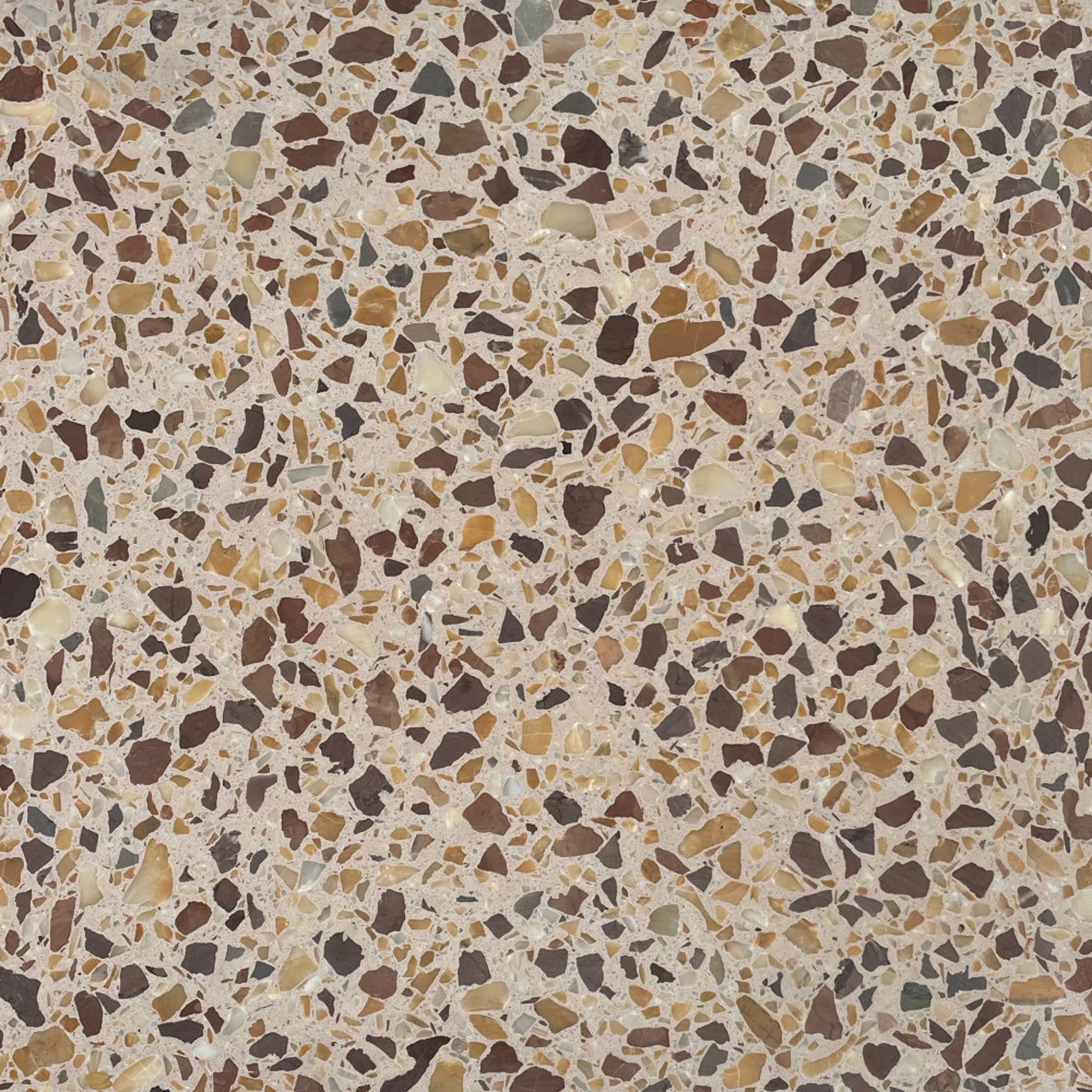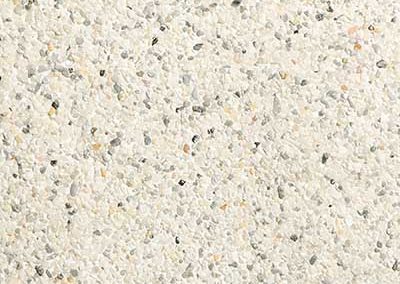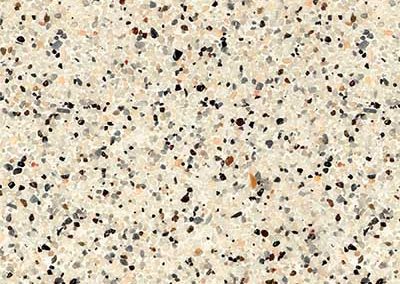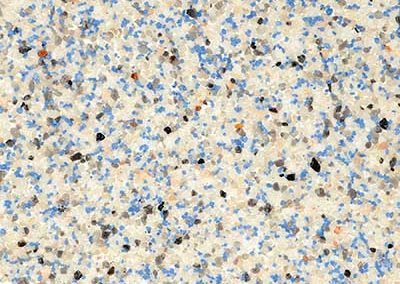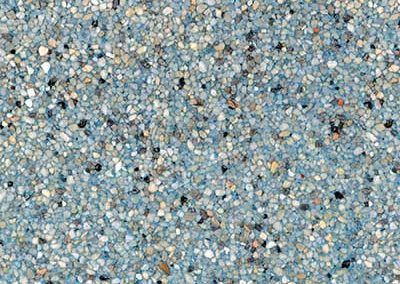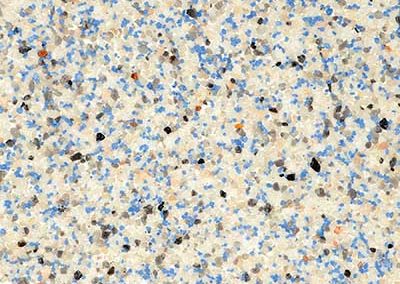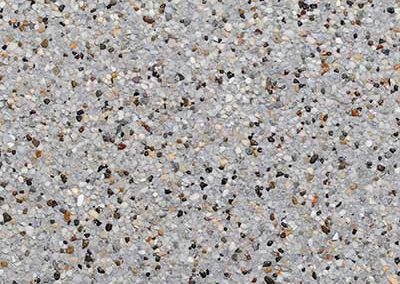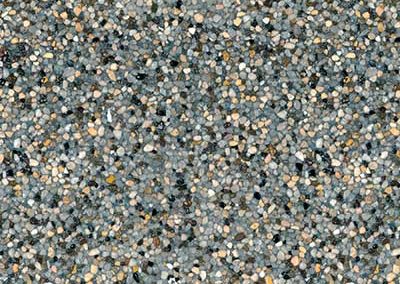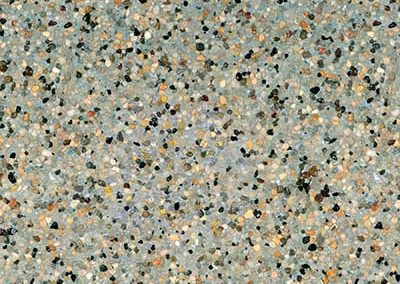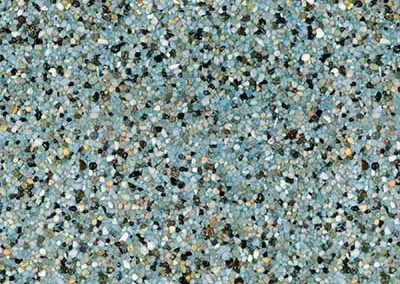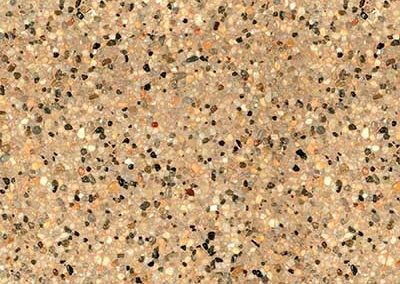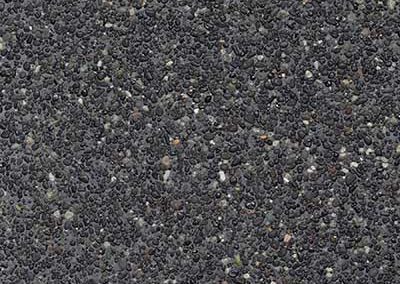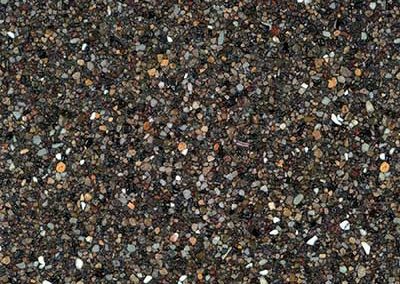Surface Options
Pool Surface Options
Starting with a base of gunite or shotcrete,
we can help you choose the right interior pool finish.
Call Us at 818-792-5020
Pool Surface Options
we can help you choose the right interior pool finish.
818-792-5020
PSI Strength Protects
Your Pool Surface From Cracking
Plaster
A Natural Porous Finish

4,500 PSI

Composite
As smooth as an egg shell. Stronger & More Durable Compared To Plaster & Mini Pebble.

18,000 PSI

Pebble
We install all types of aggregate and pebble finishes.
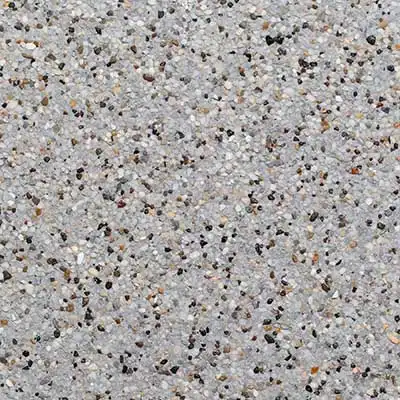
8,500 PSI
Aggregates
Aggregates play a vital role in the composition of pool finishes, adding texture, color, and durability to the surface. They are granular materials that are mixed with a binder, such as plaster or resin, to create the final pool finish. Here’s a description of aggregates used in pool finishes:
Learn More
Types of Aggregates
Various types of aggregates can be used in pool finishes, each offering unique characteristics and aesthetic appeal. Some common types include:
Quartz
Quartz aggregates are made from crushed quartz crystals. They are known for their durability, resistance to chemical etching, and ability to create a sparkling appearance.
Pebbles
Pebble aggregates are small, rounded stones that can be naturally occurring or manufactured. They provide a natural, textured appearance and come in different sizes and colors.
Glass Beads
lass beads are made from recycled glass and are available in a wide range of vibrant colors. They can create a reflective, iridescent effect on the pool surface.
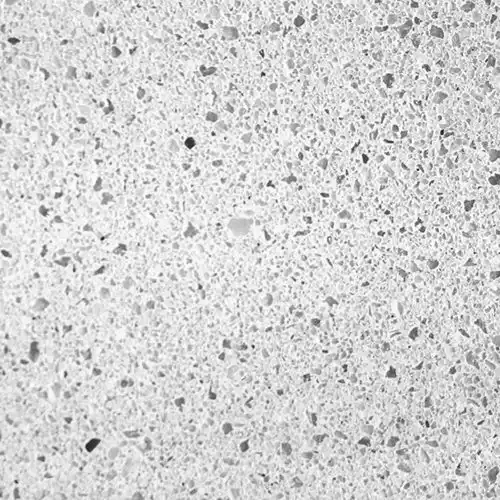
Exposed Aggregates
Exposed aggregates are a type of pool finish that incorporates a combination of small stones or pebbles into the surface, creating a visually appealing and textured appearance. The process involves applying a mixture of aggregates and a binding material, such as plaster or epoxy, onto the pool surface. Once the material sets, the top layer is removed, exposing the embedded stones. Here’s a description of exposed aggregates as a pool finish:
Learn More
Aggregate Selection
Exposed aggregates offer a wide range of options in terms of stone types, sizes, shapes, and colors. Common choices include pebbles, quartz, granite, or marble. These aggregates can be mixed together or used individually to create unique patterns and textures.
Textured Appearance
Exposed aggregates provide a textured and non-slip surface, adding visual interest and enhancing the pool’s aesthetics. The exposed stones create a natural and organic feel, resembling a pebble or stone pathway. The variation in sizes, shapes, and colors of the aggregates adds depth and dimension to the pool finish.
Durability
Exposed aggregates are known for their durability and longevity. The stones used in the finish are resistant to wear, fading, and discoloration. The binding material provides strength and cohesion to the aggregates, ensuring they remain securely embedded in the surface over time.
Natural Aesthetics
Exposed aggregates provide a natural and earthy aesthetic, blending harmoniously with the pool’s surroundings. They can complement various landscape styles, from tropical and Mediterranean to contemporary and rustic. The textured surface of exposed aggregates also contributes to the pool’s overall ambiance and can create a calming and inviting atmosphere.
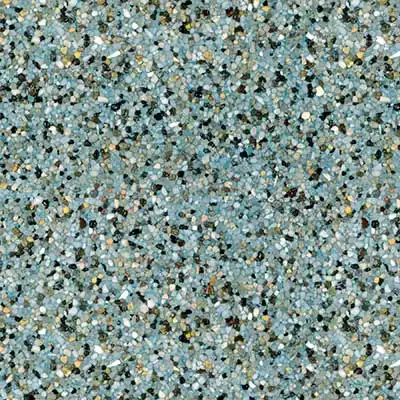
Pebble Finishes
Pebble aggregates are small, rounded stones that can be naturally occurring or manufactured. They provide a natural, textured appearance and come in different sizes and colors.
Mini Pebble
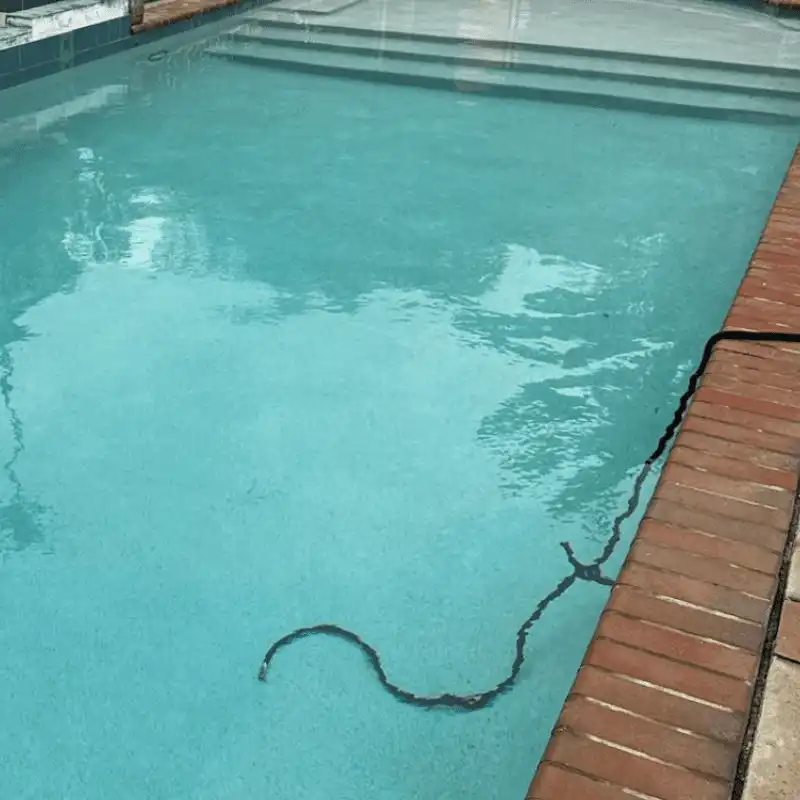
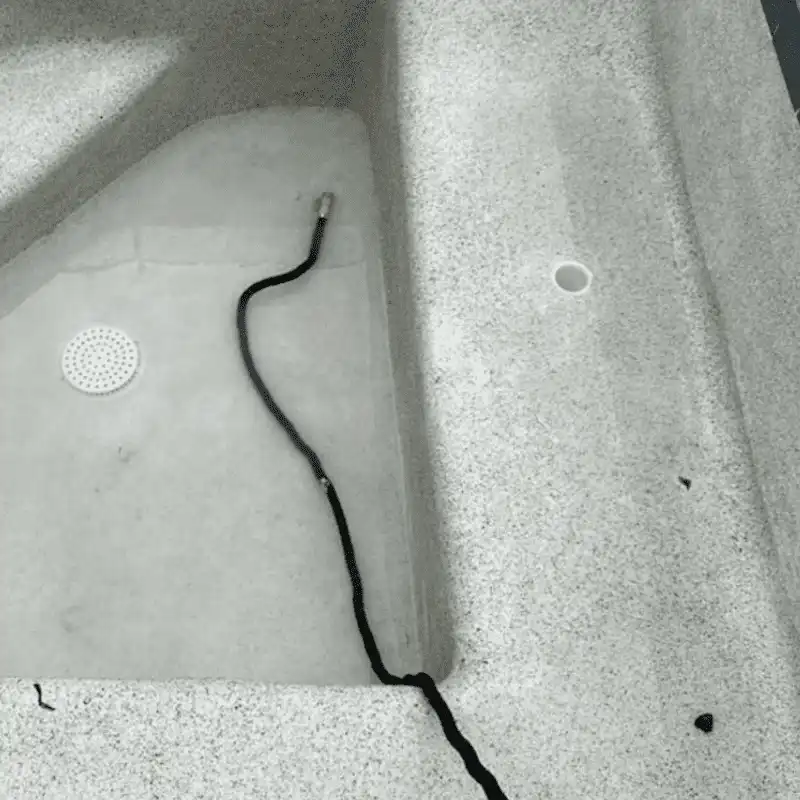
Tile Finishes
Tile finishes in pools offer several advantages that make them a popular choice for pool owners. Here are some of the key advantages of tile finishes in pools:
Learn More
Durability
Tile finishes are highly durable and long-lasting. They are resistant to fading, staining, and wear caused by chemicals, sunlight, and pool activities. Tiles are designed to withstand the harsh pool environment, ensuring that the finish remains intact and attractive for many years.
Aesthetics
Tile finishes provide a luxurious and visually appealing look to pools. They come in a wide variety of colors, patterns, shapes, and sizes, allowing for endless design possibilities. Tiles can be arranged to create intricate mosaic patterns, vibrant accents, or sleek and modern designs, enhancing the overall aesthetics of the pool.
Easy Maintenance
Tile finishes are relatively easy to clean and maintain. They have a smooth surface that resists algae growth and makes it easier to remove debris and stains. Regular brushing and occasional tile cleaning with appropriate solutions can keep the tiles looking clean and vibrant.
Water Resistance
Tiles are highly water-resistant, which is a crucial factor for pool finishes. They do not absorb water or become damaged by prolonged exposure to moisture. This water resistance helps maintain the structural integrity of the pool and prevents issues such as cracking or warping.
Slip Resistance
Many tile options for pool finishes are designed to provide slip resistance, ensuring the safety of swimmers. Textured or specially coated tiles offer better traction, reducing the risk of accidents and providing a more secure pool environment.
Chemical Resistance
Tile finishes are resistant to chemicals used in pool water maintenance, such as chlorine and other sanitizers. They do not react or degrade when exposed to these chemicals, ensuring that the pool finish remains unaffected and maintains its appearance over time.
UV Resistance
Tiles are highly resistant to UV radiation, which can cause fading and degradation in other pool finishes. The colors and patterns of tile finishes stay vibrant and unaffected by sunlight exposure, ensuring a long-lasting and attractive pool appearance.
Versatility
Tiles offer versatility in terms of design and application. They can be used not only as pool finishes but also for waterline borders, steps, accents, and decorative features. With a wide range of tile options available, pool owners can customize their pool design to match their personal style and preferences.
Glass Bead Finishes
Glass bead finishes for pools are a type of pool finish that incorporates tiny glass beads into the surface, creating a visually stunning and smooth texture. The glass beads used in this finish are specifically designed for pool applications and are available in various sizes and colors. Here’s a description of glass bead finishes for pools:
Learn More
Appearance
Glass bead finishes provide a unique and luxurious appearance to pools. The glass beads reflect and refract light, creating a beautiful shimmering effect that adds depth and visual interest to the pool. The smooth surface of the beads gives the finish a sleek and modern look.
Texture
Glass bead finishes offer a smooth and silky texture that is comfortable to touch. The tiny glass beads create a surface that feels gentle on the skin, making it enjoyable for swimmers to move and relax in the pool.
Color & Light Reflection
Glass beads are available in a wide range of colors, allowing for customization and design flexibility. The color of the glass beads influences the overall appearance of the pool, whether you prefer a vibrant and bold look or a more subtle and natural tone. Additionally, the glass beads reflect and refract light, enhancing the pool’s sparkle and brilliance.
Durability
Glass bead finishes are known for their durability and long-lasting performance. The glass beads are specifically engineered to withstand the harsh pool environment, including exposure to chemicals, UV rays, and frequent use. They are resistant to fading, staining, and deterioration, ensuring that the finish remains attractive and intact for an extended period.
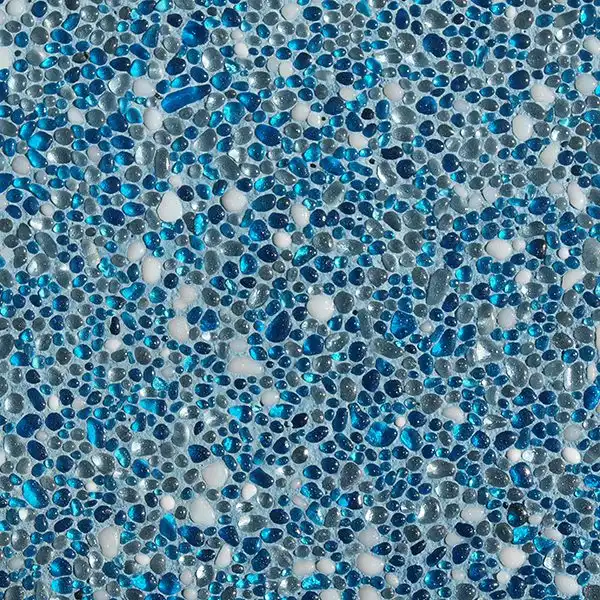
Installing Mini Pebble Finish
Fiberglass

White
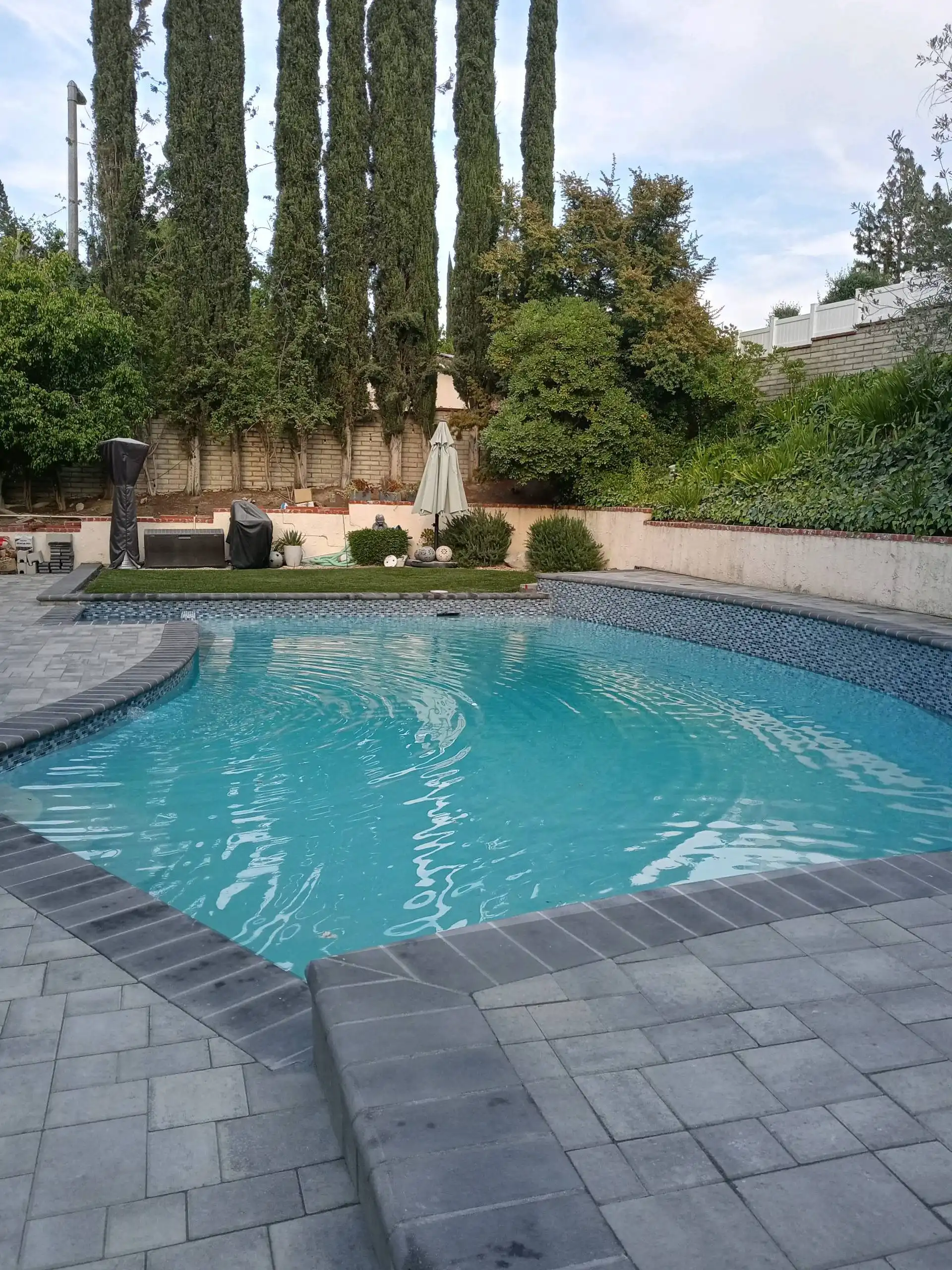
Light Gray
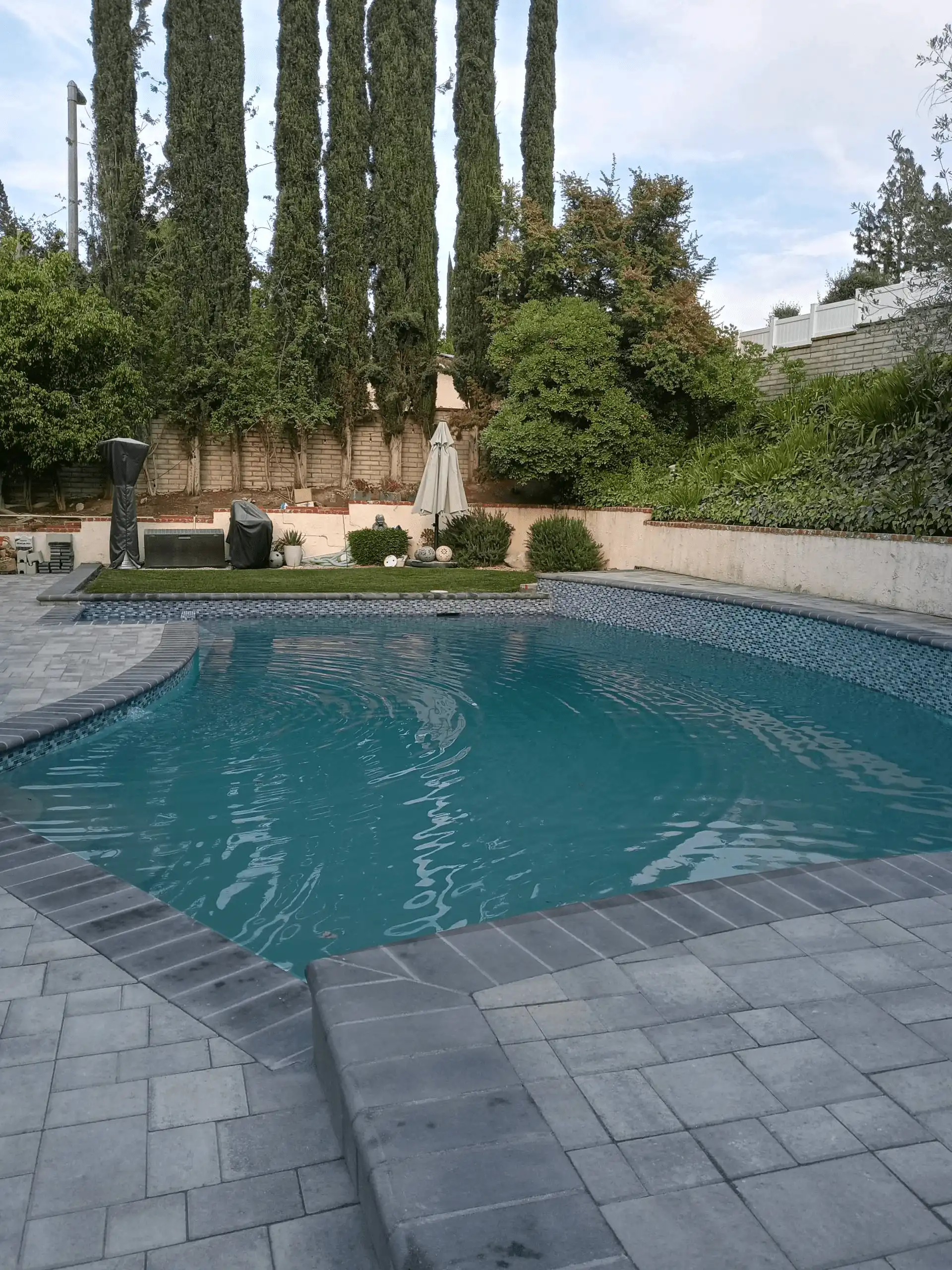
Medium Gray
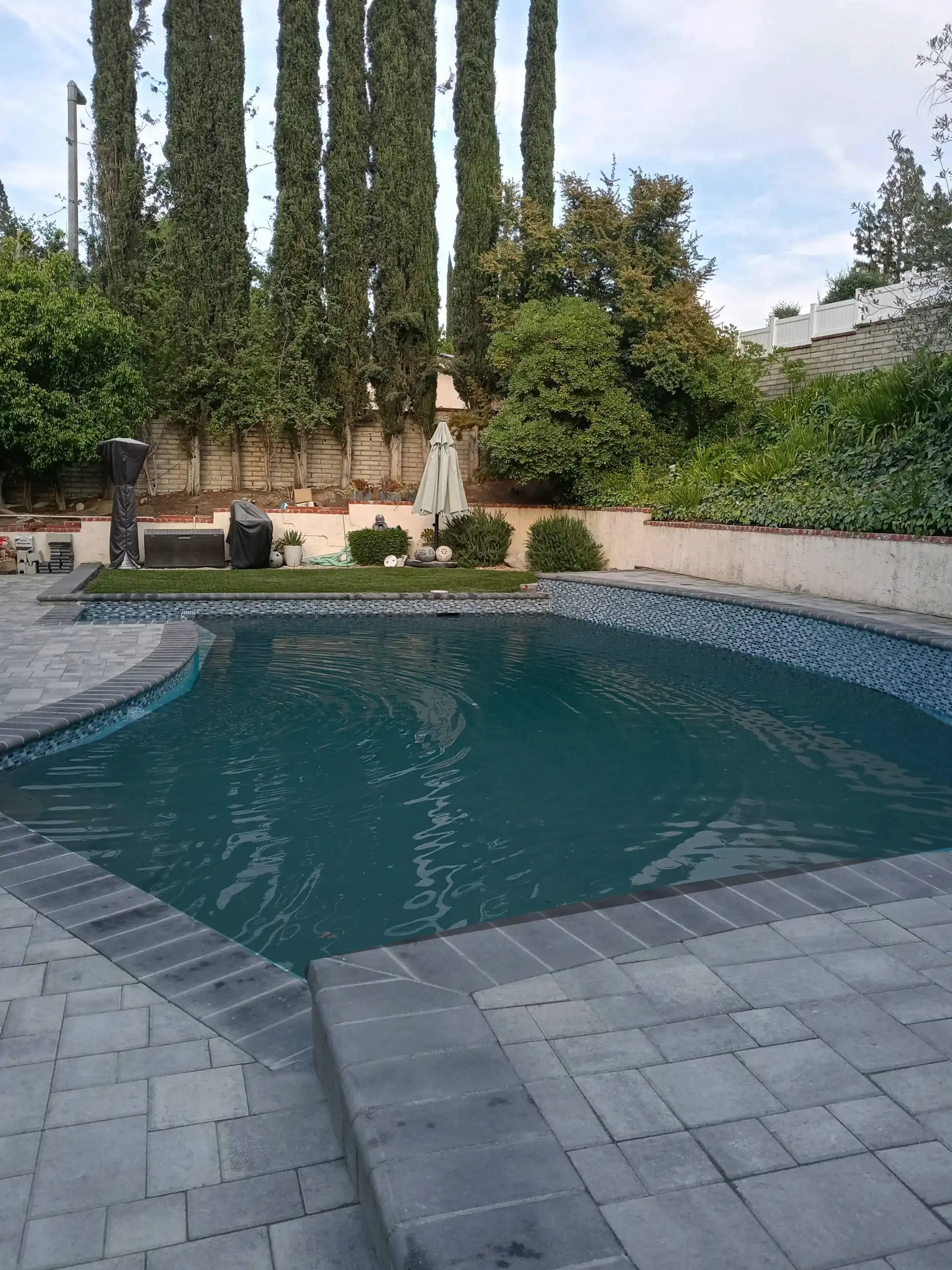
Dark Gray
Surface Choice Matters
See how choice of aggregate materials for your pool surface affects your pool’s color and appearance.
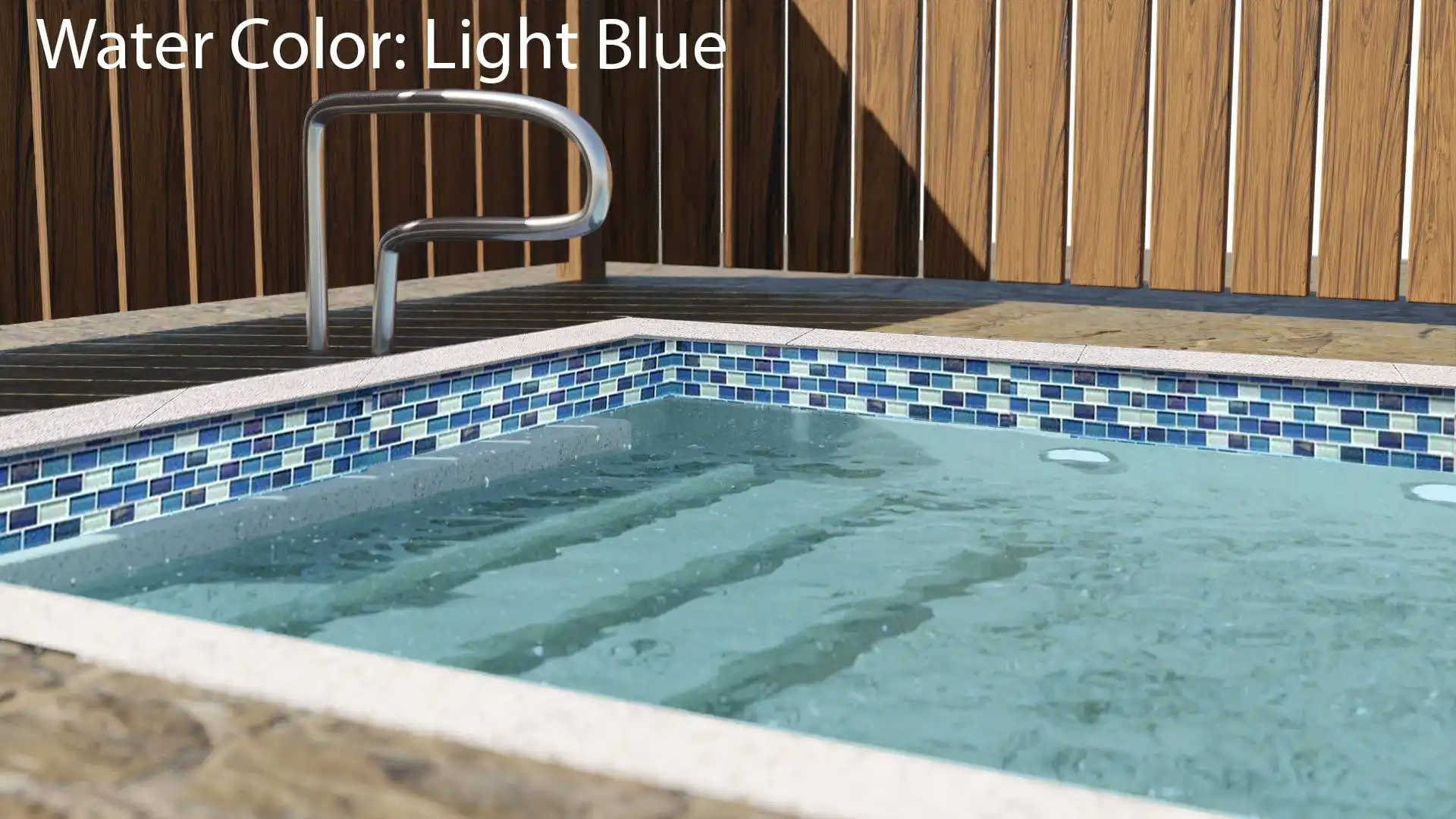

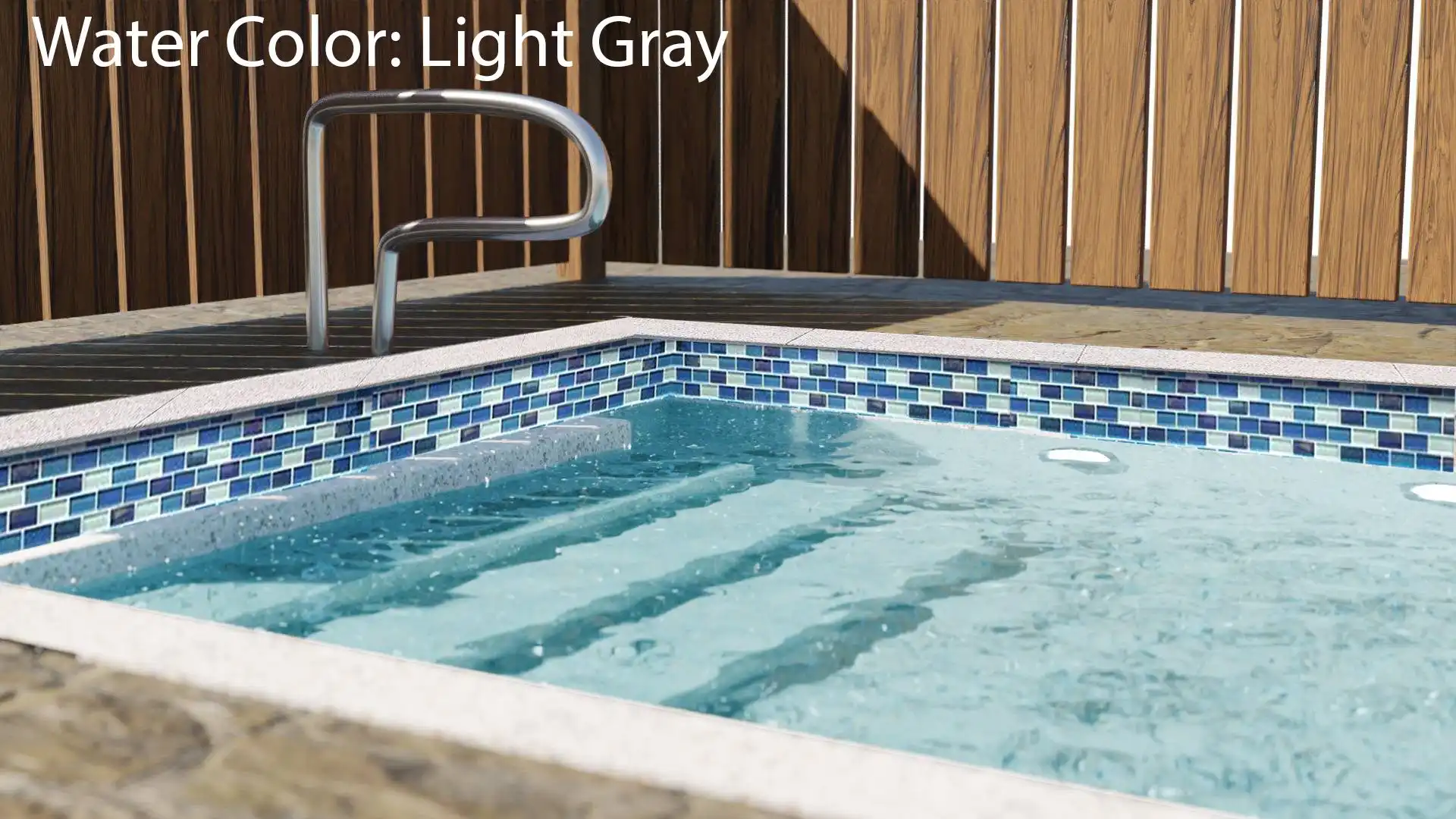
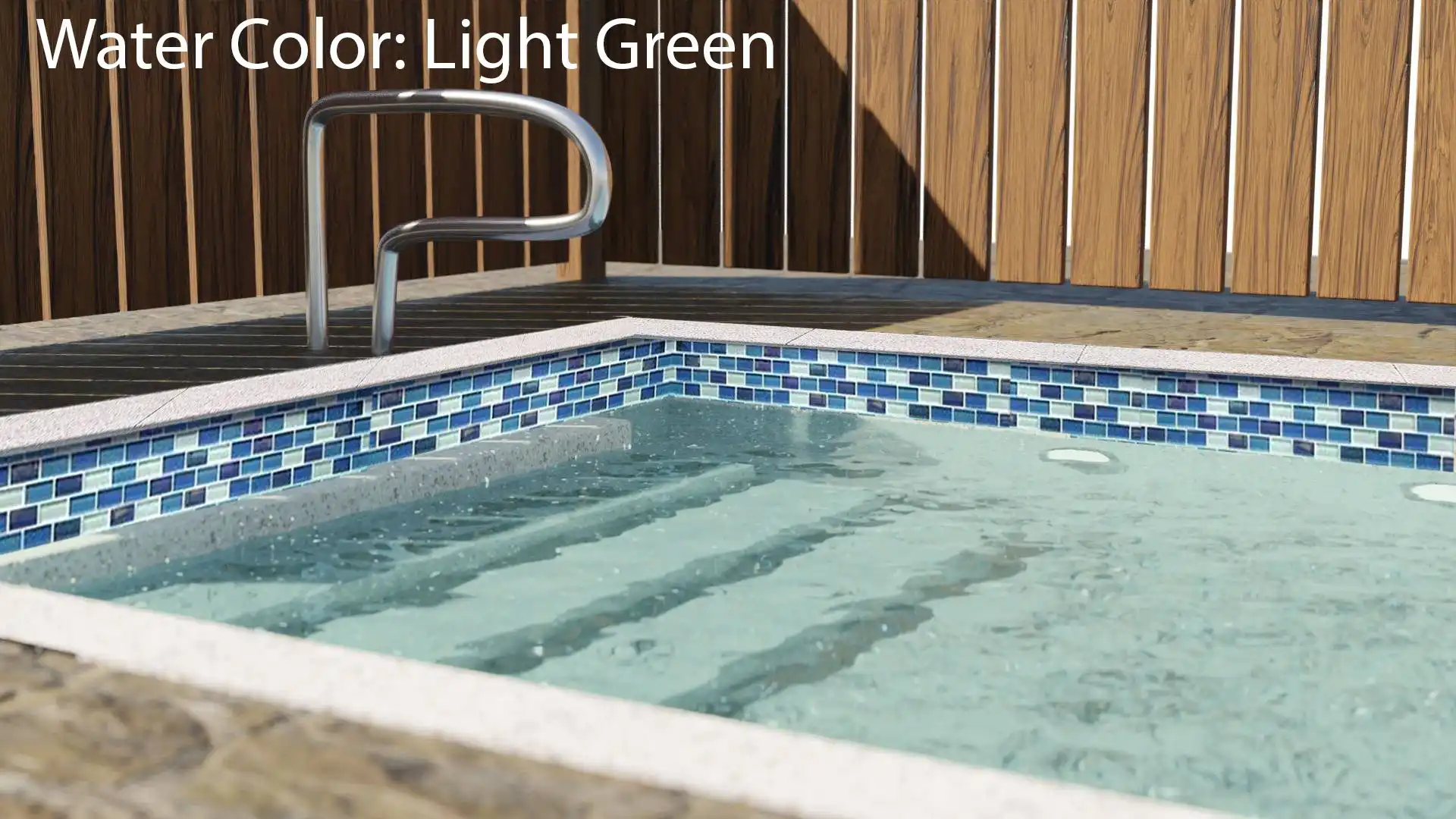
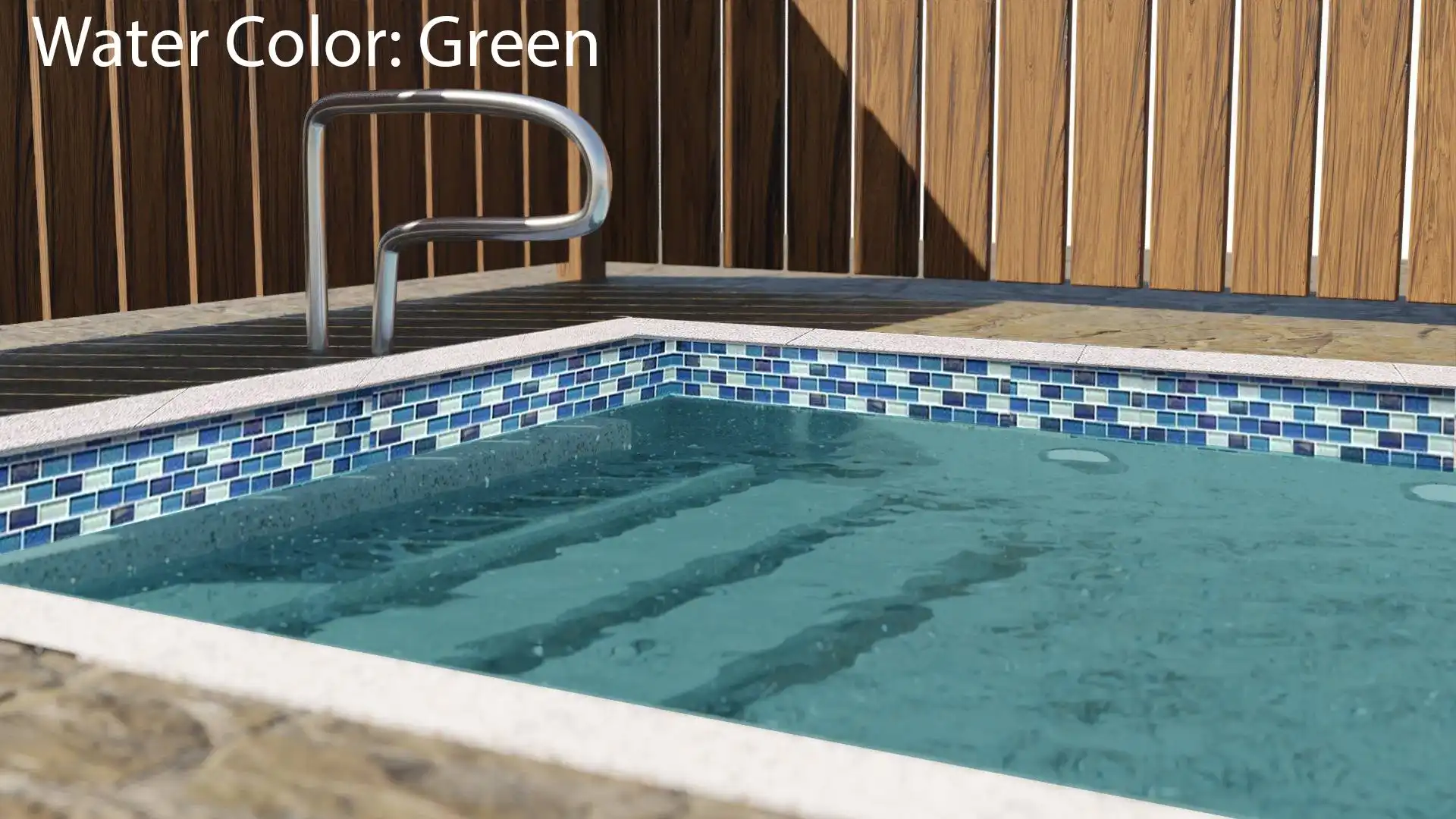
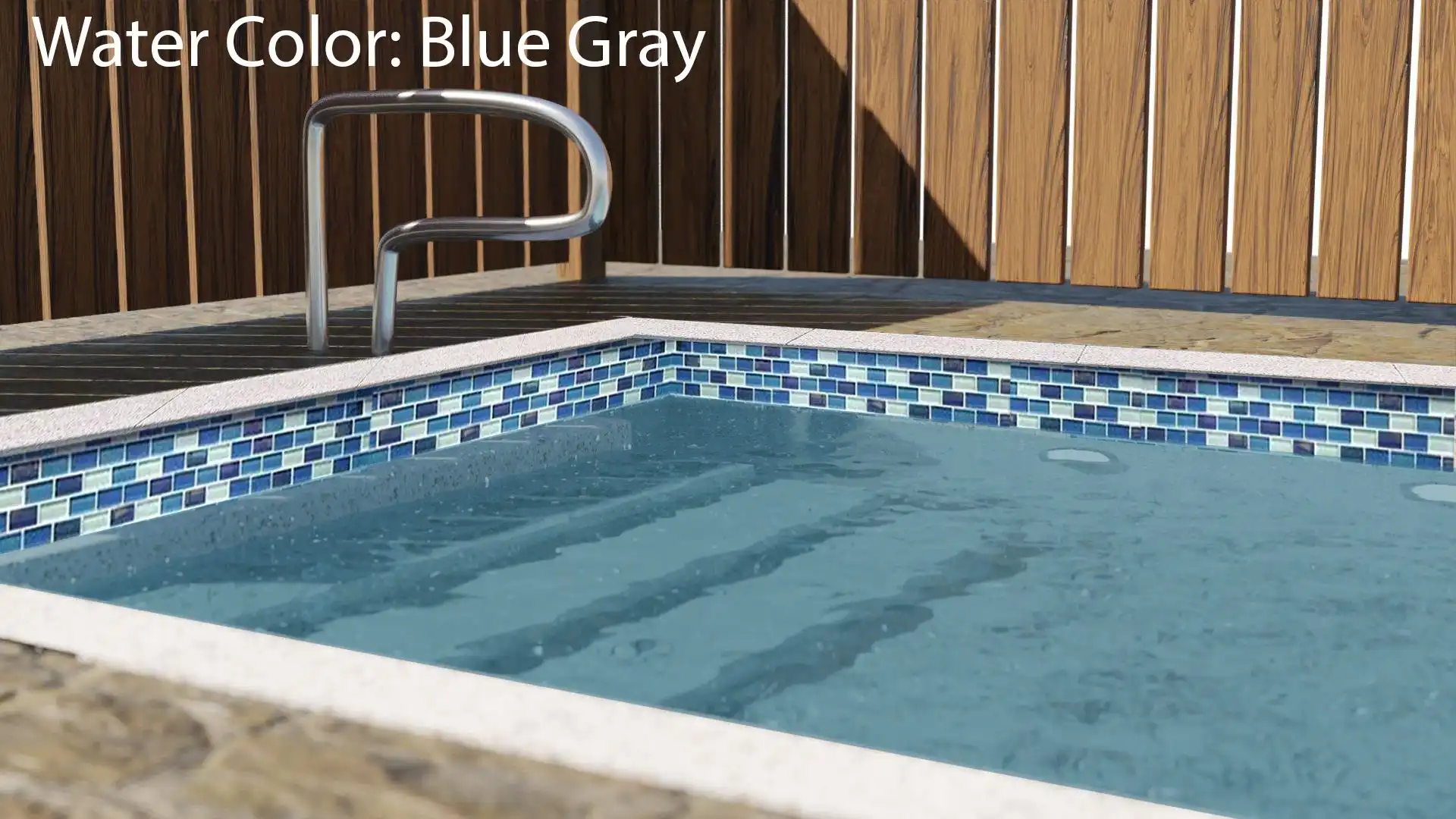
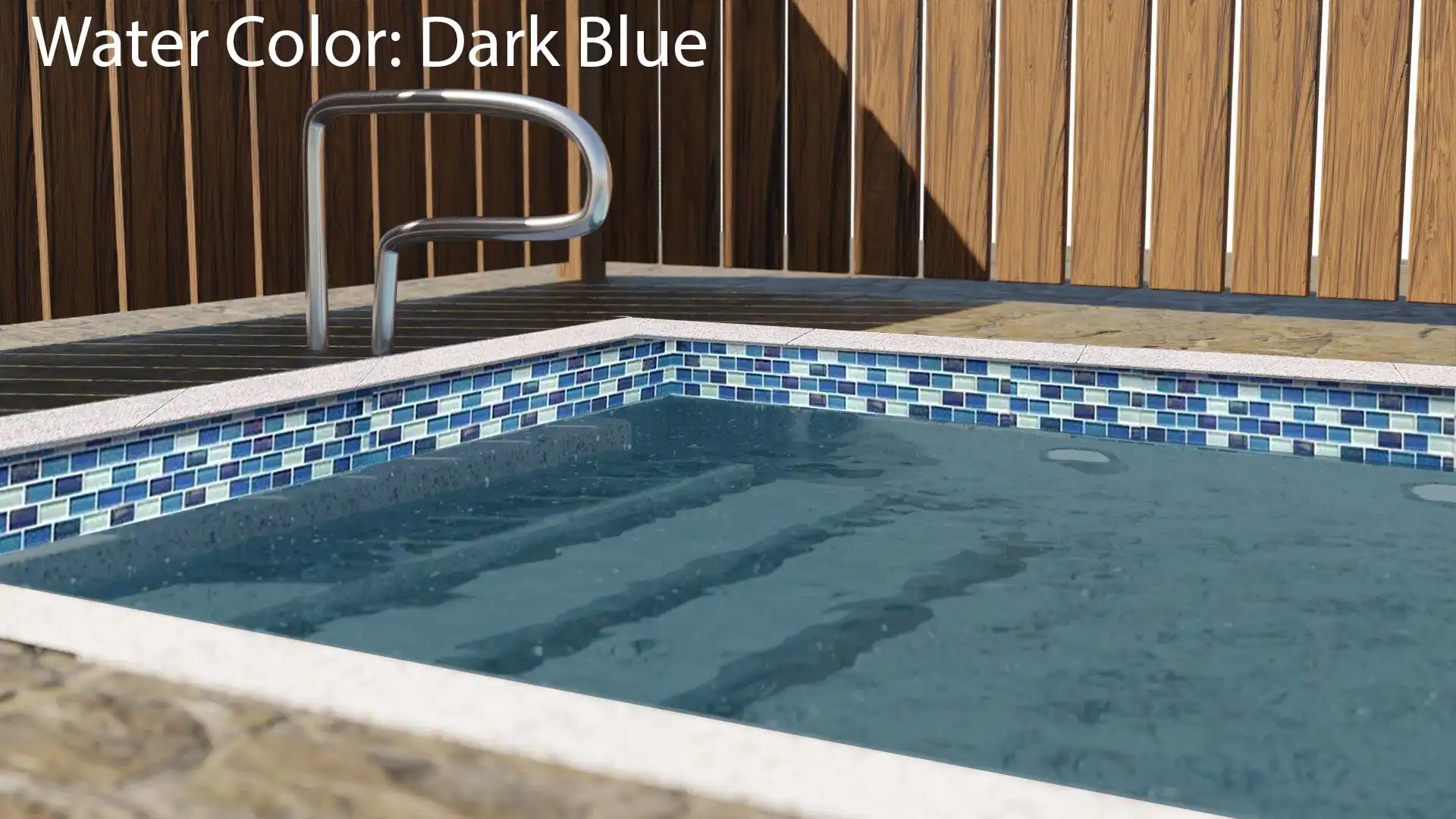
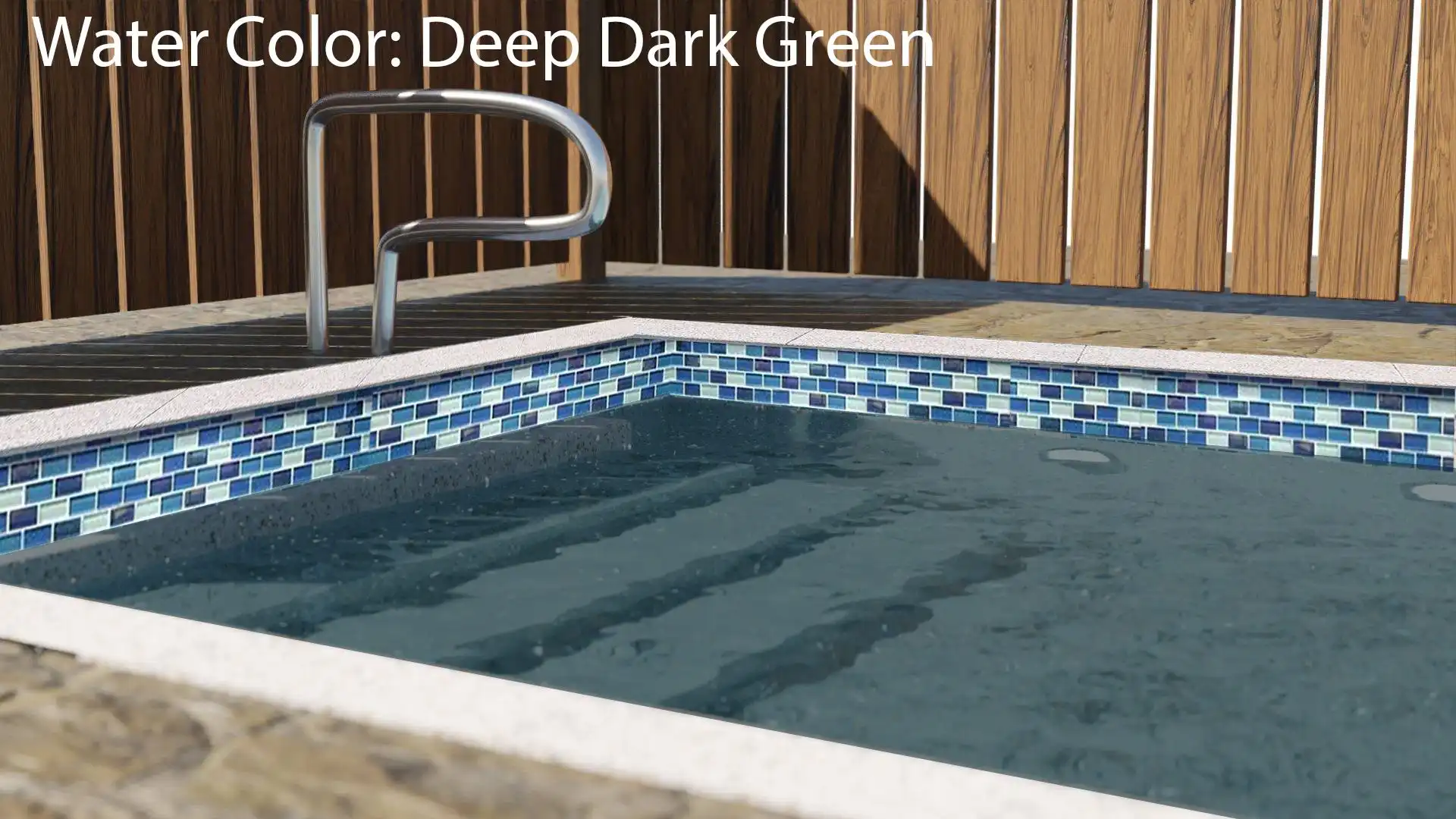
Shop Surface Options

Plaster

Fiberglass

Masonry

Tile

Mini Pebble
FAQs
What pool surface options are available?
There are several pool surface options, including plaster, vinyl liner, fiberglass, pebble, tile, and quartz aggregate. Each has its own set of advantages and aesthetic appeal.
Which pool surface is most durable?
Fiberglass and tile surfaces are among the most durable. When properly maintained, they can last for decades. Pebble surfaces are also known for their longevity and resistance to staining.
How often will I need to resurface my pool?
- Plaster: Typically lasts 7-10 years.
- Vinyl Liner: Usually lasts 6-12 years, depending on maintenance and usage.
- Fiberglass: Can last 20+ years with proper care.
- Pebble, Tile, and Quartz: Can last 15-20 years or more with regular maintenance.
Can I change my pool surface type during a renovation?
Yes, many pool owners switch surface types during renovations. For instance, a plaster pool can be resurfaced with pebble or quartz. However, the feasibility and cost will depend on the current surface and the desired outcome.
Recent Articles
The Lifespan Saver: The Importance of Timely Swimming Pool Plaster Repair
When it comes to your backyard oasis, the sparkling blue waters of your swimming pool are the core of relaxation and enjoyment. However, over time, wear and tear on the pool plaster can compromise both its aesthetic appeal and structural integrity. At CPR Pools LLC,...
Spillways and Spa Walls: Transforming Your Pool into a Stunning Retreat
Looking to transform your pool into a stunning retreat? Adding a spa spillway or spa wall can give your pool the upgrade it needs. Not only do these features enhance the overall aesthetics of your backyard oasis, but they also provide relaxation and tranquility for...
Pool Plumbing and Equipment- The Essential Guide for Your Pool or Spa
From Design to Reality: Pool Plumbing and Equipment in Construction Are you a homeowner in California with dreams of having your own swimming pool or spa? If so, it's important to understand the ins and outs of pool plumbing and equipment. From water jets to solar...
Contact Us
Request an appointment in person or by phone
call or text 818-792-5020

Contact Us
Call or text 818-792-5020








